Marching Toward Madness: The Background of the Hate-filled, Distorted Narrative Behind the Anti-Israel Protests
"My hope is that we will learn more and share more with our friends and allies — and do more to challenge the false narratives and accusations that they are hearing without us."
By Amy Stoken
It was the 90s, I was in college. In somewhat of a coming-of-age moment, my so-called politically active friends and I marched against genocide in Rwanda. While I admittedly knew next to nothing, I heard a straightforward and compelling narrative about the slaughter of an ethnic minority, and took to the streets.
I think about that day now as I watch throngs of people — who say that they’re champions for human rights, gay rights, and women’s rights – marching against Israel in the wake of the October 7 massacre. They also cry “genocide” — not against the Hamas perpetrators – but against Israel, against the Israeli Defense Forces, the military that does more than any other on earth to spare civilians. Against the soldiers fighting terrorists who are holding civilians from Israel hostage, embedding themselves within their own civilians, and who patently declare their intent to continue violent attacks with the aim of replacing Israel with an Islamic state.
Growing up in the 70s, I learned the story of a miracle. Against all odds, out of the ashes of the Holocaust, the Jewish people built the state of Israel in our ancestral homeland. But Israel needed peace. We prayed for peace between Israel and its Arab neighbors who opposed Jewish immigration, viewed Israel as an affront, and waged war against it. We prayed for the realization of Israel’s Declaration of Independence, that Israel could extend its hand “to all neighboring states and their people in an offer of peace” and do “its share in a common effort for the advancement of the entire Middle East.”
The prospect of peace grew dimmer when the 1979 Iranian Revolution ushered in an Islamic regime that destroyed good relations between Israel and Iran. Iran later pursued nuclear ambitions and funded terrorist groups on Israel’s border, including Hezbollah and Hamas. The region became further complicated as religious and geopolitical tensions rose between Iran and Saudi Arabia. Thus, when Hamas attacked on October 7, many experts agreed it was triggered by Iran to derail normalization dialogue between Saudi Arabia and Israel – a fragile development in Arab-Israeli history and Israel’s quest for peace.
That day, the deadliest and most vile for Jews since the Holocaust, I had hoped the world would sympathize after witnessing the true nature of the terrorist threat that Israel confronts. Instead, even before Israel responded, a tsunami of anti-Semitic and anti-Israel venom was unleashed. Every day the war continues is a tragedy. The overall loss of life is unbearable. I want Hamas to allow their civilians to get to safety, to stop hiding among them, to release all the hostages, to surrender and end the war immediately. Yet it seems the world blames only Israel.
An explanation I hear is anti-Semitism. After thousands of years of persecution, blood libels, segregation, genocide, and discrimination, I understand. But that can’t fully explain true peace advocates, hordes of college students, many of my non-Jewish friends, and some of my Jewish ones admonishing only Israel — or keeping eerily silent. Why, when I look at the faces of those marching and tearing down hostage posters, and squint, do I see me and my college friends?
I believe it’s the success of a powerful effort to extricate the real issue of hardships faced by today’s Palestinians from the broader Arab-Israeli conflict, oversimplify it, and frame it so that the only solution is Israel’s destruction: Racist Jews colonized a land called Palestine and oppress the indigenous Arabs.
While it’s impossible to provide a full account of the entire Arab-Israeli conflict, widely known as the most complicated, contentious, and longest-running in the world, there are some key points that highlight how this horribly distorted narrative ignores history and came to be.
First, it erases the Jewish connection to the land. Historians, guided by biblical narrative and archaeology, trace the ancient Israelites there as early as 11th century BCE. Like much of territorial history, the land was conquered and reconquered. There were Jewish kingdoms with Jewish rulers and non-Jewish emperors, caliphates, and dynasties. But there were always Jews, not merely by faith, but a historically distinct people akin to Arabs, Persians, and Romans. Prior to “Palestine,” the land was “Judea,” renamed by the Romans to reference the Philistines, another ancient people who had vanished eight centuries before the name and a millennium before the Arab Expansion from the Arabian Peninsula.
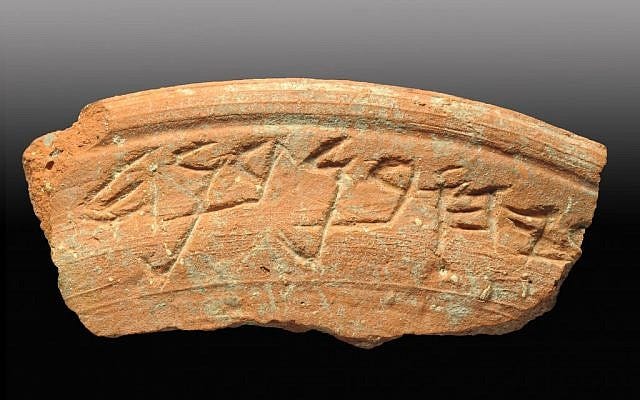
It also ignores the history and scope of the Arab-Israeli conflict. The modern story typically starts after World War I when the League of Nations assigned “Mandatory Palestine,” previously governed by the defeated Ottoman Empire, to the British to prepare for self-rule. Palestine encompassed modern Israel, the West Bank, and Gaza as well as holy sites central to Jews, Christians, Muslims, Baha’is and others. At the time, there were Palestinian Arabs and Palestinian Jews who had been there for centuries, and European Jews who had been arriving since the 1880s under Ottoman rule. The growing outrage among many Arabs stemmed from the ongoing influx of persecuted Jews seeking a safe haven in their ancestral homeland, the concept of Zionism, and the British promise to both Arabs and Jews of a state of their own.
Amidst escalating tensions, the British failed. But with increased sympathy following the Holocaust, the United Nations approved a plan in 1947 dividing the land into a Jewish state and an Arab state. The Jews accepted it, the Arabs rejected it. When Israel declared Independence the following year, five Arab nations immediately invaded, commencing the Arab-Israeli war. The newly-formed Israel shockingly won, the British left, and approximately 700,000 Palestinian Arabs fled or were expelled.
Inside Israel, a nation was built. The Arab-Israeli war had also created Jewish refugees, as Middle East nations persecuted and expelled Jews who had lived there for centuries. Roughly 700,000 Middle Eastern Jews arrived in Israel, and Israel granted everyone citizenship, including the remaining Arabs. Israel then built a state — a Jewish State — with a vibrant democracy and robust economy. Immediately, there were missions to rescue other persecuted Jews abroad. A specialized humanitarian unit was trained to assist in disasters around the globe. Israel later became a hub for technology and innovation, producing semiconductors, drip irrigation, and cancer treatments. Israel became a huge source of pride for Jews worldwide.
Outside of Israel, the Palestinian Arab refugees were left in camps where Arab nations mostly denied them citizenship and used their plight as a tool in their ongoing conflict against Israel. Although Egypt controlled Gaza and Jordan controlled the West Bank, land that was designated by the UN for an Arab state, no state emerged. In 1964, the Palestinian Liberation Organization was founded and announced Palestinian Arabs as uniquely Palestinian with the goal of liberation — an armed revolution to eliminate Israel.
Three years later, Arab nations again sought Israel’s destruction. Israel won the 1967 War in six days and made a strategic, arguably ill-fated decision to capture additional territory, including the West Bank and Gaza. Despite Israel’s victory and subsequent overtures for peace, the Arab League responded shortly thereafter: “No Peace, No Recognition, No Negotiation.”
After 1967, war continued. But international focus increasingly narrowed to the Palestinian-Israeli conflict, intensified by Israel’s acquisition of the West Bank and Gaza and growing factions on both sides with varying ideologies and perspectives on how to move forward. Valiant efforts by presidents, diplomats and special envoys to reach a two-state solution failed and almost nothing has been undisputed since. There have been glimmers of hope, major setbacks, interference by extremists, terrorist attacks, conflicting views on settlements, corruption, and blame. Those truly advocating for peace acknowledge both Palestinian difficulties and Israeli security concerns.
Despite the lack of resolution with the Palestinians, Israel later achieved various forms of detente with many Arab nations, including peace treaties with Egypt and Jordan and more recently the Abraham Accords. However, a new influence emerged in the West — a movement against global racism. The 80s and early 90s saw the international boycott of South Africa. Economic and cultural isolation played a significant role in pressuring the apartheid government to dismantle. The boycott of South Africa raised awareness about combating racism and addressing inequality.

Arab boycotts had long existed, protesting Jewish immigration and land purchase before Israel’s formation, then disputing its legitimacy. But in a pivotal moment in 2001 at a UN conference in South Africa, the PLO delegation and others urged the international community to “impose a policy of complete and total isolation of Israel as an apartheid state as in the case of South Africa.” It likened Israel’s Jewish nature and control of the territories to apartheid and altered the narrative of Israel’s quest for peace to the Palestinians’ quest for justice.
Campaigns against Israel started appearing in Western academic and cultural institutions. Groups like “Students for Justice in Palestine” formed on campuses promoting anti-Israel boycotts and embedding themselves into the broader, growing movement of anti-racism, anti-colonialism, intersectionality and ‘wokeness.’ They used buzzwords, marched with other causes, and Israel was painted as, above all, racist.
Thus, in the same region as the Arab Republic of Egypt and 21 other Arab League nations, many of which expelled their Jews, and a world with the Islamic Republic of Iran and 46 other Muslim-majority nations, the one Jewish State — smaller than 1% of the entire Middle East — became “racist.” The nation that combined both Jews and non-Jews of all skin colors from all over the world and provided all its citizens equal rights has now been branded as white supremacist.
This narrative ignores that half of Israel’s Jews are of African and Middle Eastern descent and that intolerance of Jews underpins the entire conflict, including that the Grand Mufti of Jerusalem, the preeminent Muslim authority during the Holocaust, collaborated with Hitler, aired anti-Semetic broadcasts, and urged Arab nations to support Nazi Germany. The same people who now urge sympathy for persecuted and war-torn refugees all over the world, push a narrative with zero compassion for Jews that fled persecution seeking self-determination. They are characterized only as “whites” that unbalanced the Arab majority in an area of land 1/100th the size of Saudi Arabia alone.
Now, anti-Israel boycott movements tout the “right of return,” the demand that five million refugees by descent, not just the remaining original refugees, be allowed to live in Israel and erase its Jewish nature. Protestors chant “from the river to the sea” — calling for a Palestinian state – not with, but instead of Israel. Demonizing Israel and Zionism now masks and drives blatant anti-Semitism. Anti-Semitism may be hate, but “anti-Zionism” is political, acceptable speech — even when calling for Israel’s annihilation. Obsessive vilification of Israel that ignores every human rights crisis in the world, blames only Israel for the Palestinians’ difficulties, and justifies terrorism is validated as legitimate criticism. Even challenging this pretense triggers the anti-Semitic trope that Jews are playing the anti-Semitism card to silence speech.
Lastly, an additional problem that enabled this vastly flawed narrative was us, American Jews. We largely stopped telling the story of Israel. Perhaps some believed that the worst of anti-Semitism was behind us or that Israel was secure and focused on other priorities. Israel also became entangled in the partisan politics that have divided our nation, and so did we. Maybe we saw Jewish and Israel hate rising, but only pointed fingers across the aisle. Or we chose to not discuss politics or religion and avoided it altogether. We allowed those with unabashed hate to fill the void.
It’s impossible to know what comes next. Even if Israel accomplishes its objectives and the war does not escalate, the death, devastation and trauma in Israel and Gaza are already unthinkable. For Jews, the world is no longer the one that many of us believed existed, maybe foolishly, before October 7.
If there are any parallels to draw between Rwanda and the current conflict, it’s the immensely difficult task of resolving entrenched historical grievances — and finding a path forward. It’s too early to talk about silver linings, but I know there will still be Jews praying for peaceful co-existence that includes recognition of Israel alongside its neighbors. Perhaps more of us will, working together, help tell Israel’s story. Perhaps we will learn more and share more with our friends and allies and do more to challenge the false narratives and accusations that they are hearing without us. And perhaps we can once again find hope in the ongoing miracle that despite thousands of years of persecution, we, the people of Israel, live.
Amy Stoken is an attorney actively involved in matters related to Israel in both her professional capacity and as a lay leader.
Free subscriptions to JEWDICIOUS are available until the end of 2023!
From unpacking history and politics to navigating the nuances of family and personal relationships to finding the human angle on sports and entertainment — plus our unsparing take on what’s happening in the Jewish world — the canvas at JEWDICIOUS is limitless! JOIN US!!




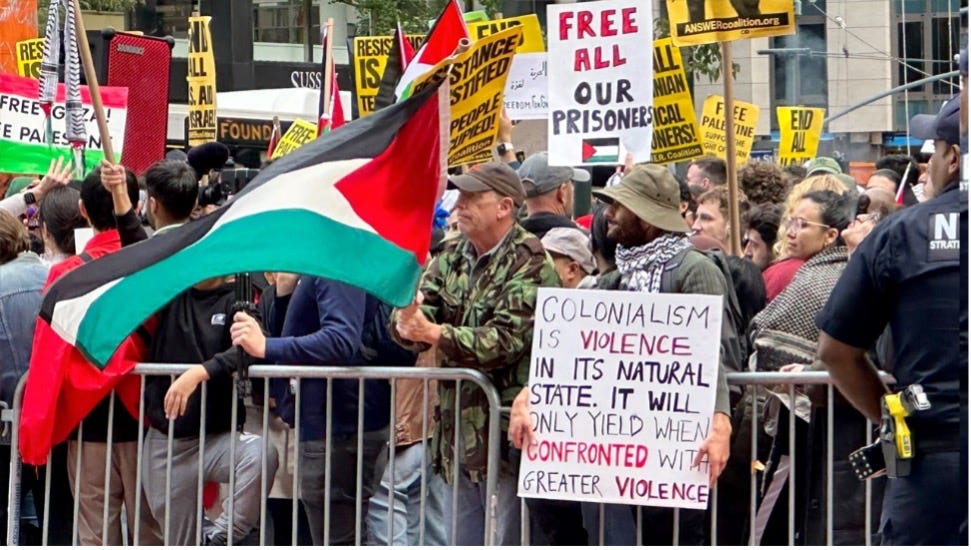
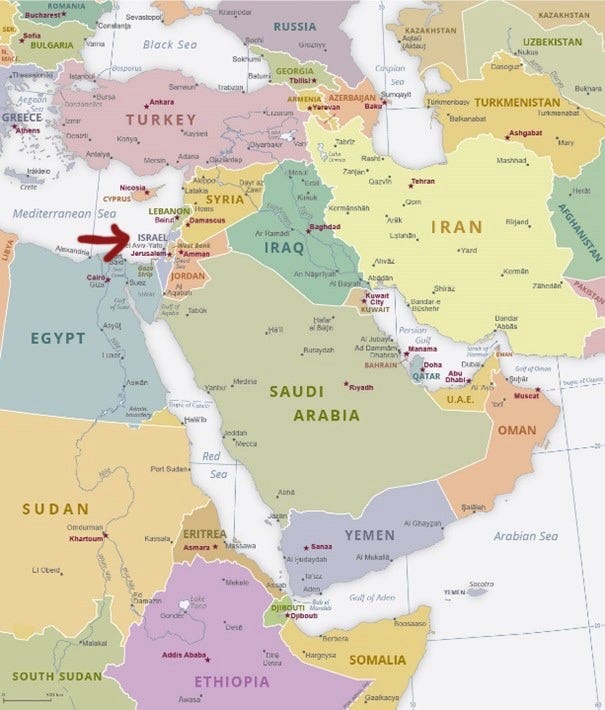
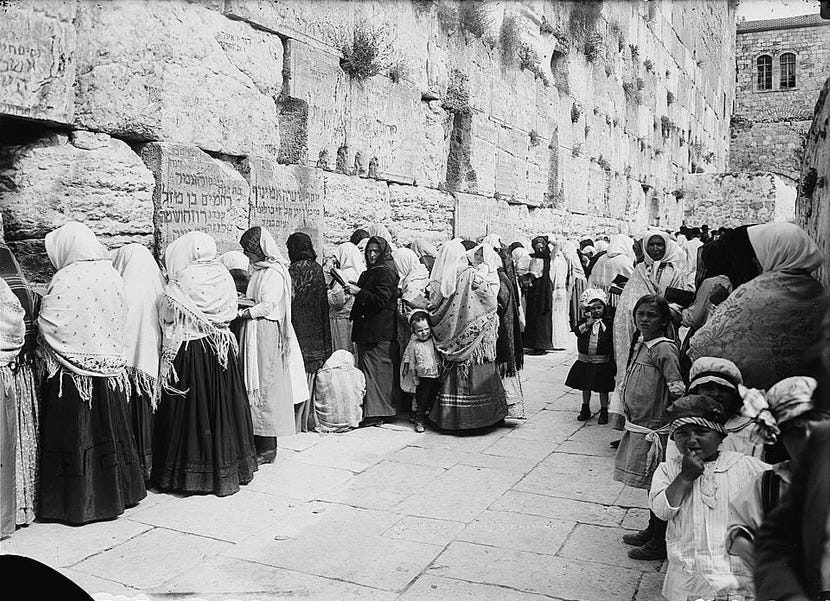
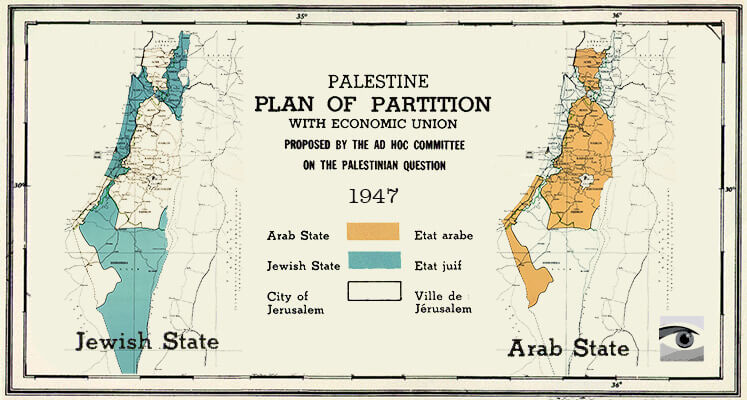
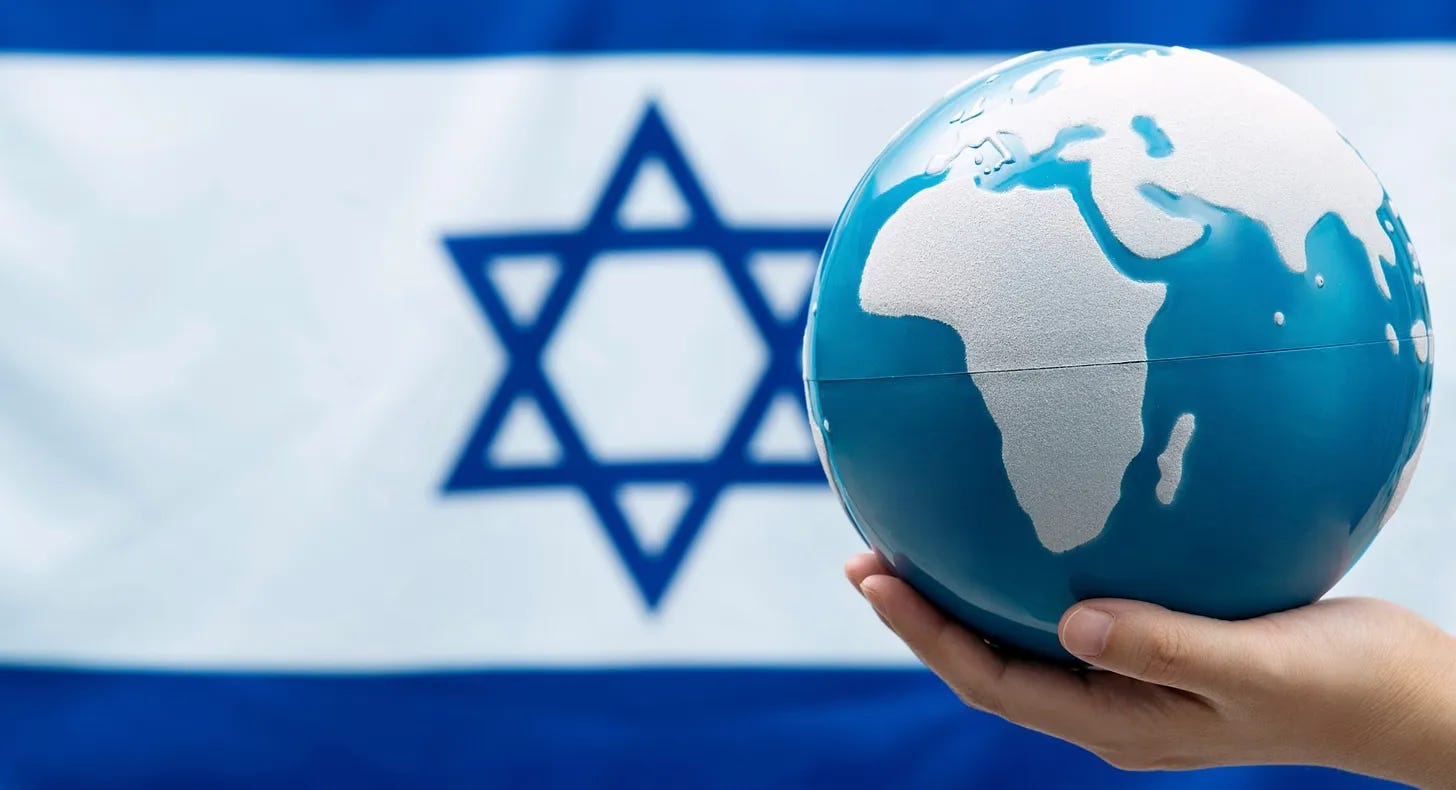
Beautifully written. You take a very complicated history and make it completely understandable.
Thank you
Appreciate the effort put into this. I learned a lot and will be referring to this again and again. Thank you.